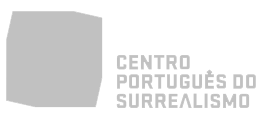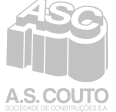Full Experience
All inclusive for only 20 Euros.
Full Experience
The Full Experience ticket is not valid on public holidays and weekends, so please do not purchase tickets for these dates.
Please be advised that Sara Barracoa restaurant will be closed for holidays from 17 August to 7 September 2025.
During this period, the Full Experience ticket will not be available for purchase or use.
train journey
Comfortable travel on CP urban trains in Porto, between Braga or Porto S. Bento and Famalicão.
Visit to the Exhibitions at the Cupertino de Miranda Foundation
Visit the exhibitions at the Foundation
Lunch at Sara Barracoa restaurant
Unique lunch at the traditional Sara Barracoa restaurant - Regional cuisine.*
Only included from Monday to Friday.
Featured exhibition:
Fernando Lemos
IMAGES THAT
STARE AT US
This exhibition marks the Centenary of the Birth of Fernando Lemos (Lisbon, 3 May 1926 – São Paulo, 17 December 2019), a key figure in 20th-century Portuguese art, whose work transcends geographical borders, artistic languages, and fields of thought.
In the year of Fernando Lemos’s Centenary, the Cupertino de Miranda Foundation — an institution with which the artist maintained a deep and continuous relationship — presents this exhibition as a gesture of homage and active remembrance. As we know, “to live is to be remembered”, and these images continue to stare at us with the same intensity and urgency.
IMAGES THAT STARE AT US: FERNANDO LEMOS
Just another Portuguese man in search of something better was the wry and lucid way in which he himself summed up his personal and artistic path:
I was a student, locksmith, carpenter, upholsterer, lithographic printer, draughtsman, advertising professional, teacher, painter, photographer, harmonica player, emigrant, exile, museum director, adviser to ministers, researcher, journalist, poet, jury member, art galleries adviser, curator of international events, designer of industrial trade fairs, set designer, father of several children, grant recipient, and I have two homelands: one that made me and another that I’m helping to make. As you can see, I am just another Portuguese man in search of something better.
Bringing together photographs taken exclusively between 1949 and 1952 — a decisive and foundational period in his artistic work — produced within a short but intense phase, this exhibition presents one of the most distinctive bodies of Portuguese photography of the 20th century and a central moment in the surrealist experience in Portugal. Created in a context of profound artistic, political, and existential unrest, Fernando Lemos’s photographs are not mere records or formal exercises, but mental constructions, manifestations of the unconscious and desire, places where light and shadow become instruments of thought. Akin to the experiments of surrealist automatism, yet never surrendered to absolute chance, these images result from a subtle balance between impulse and control, between the unconscious and critical awareness.
As he himself stated, after the first automatic gesture, both writing and photography became directed and programmed, fully assuming their conceptual dimension.
Portraits, self-portraits and figures from his close circle appear here as unsettling presences, suspended between light and shadow, revelation and concealment. The dramatic use of lighting, tight framing and games of masking and identity transform the body and the face into symbolic territory, reflecting desire, irony, anguish, and humour. These are images that do not merely ask to be seen: they stare back at us, question us, and place us in a direct and disturbing relationship with reality.
This photographic body of work developed in parallel with Fernando Lemos’s intense involvement in the Portuguese surrealist movement, particularly in the period leading up to the 1952 exhibition with Vespeira and Azevedo at Casa Jalco and to his departure for Brazil in 1953. Photography emerges here as a privileged field of resistance and freedom, capable of subverting the codes of representation and rehabilitating reality in the sense advanced by Mário Cesariny.
Although brief in time, this body of photographs has left a lasting mark on the interpretation of Fernando Lemos’s work and his place in the history of modern and contemporary art. As he himself wrote, he was “a drop of water that refused the deluge” — a fitting metaphor for an oeuvre that, never dissolving into consensus, remains alive, restless, and luminous.
Curators
Marlene Oliveira and Perfecto E. Cuadrado


mecenas





Contacts and Location
-
Address
Praça D. Maria II
4760-111 Vila Nova de Famalicão
Portugal
-
Phone:
+351 252 301 650 -
E-mail:
geral@fcm.org.pt
-
Opening hours:
Monday to Friday 10:00 am to 12:30 pm / 2:00 pm to 6:00 pm.
Saturdays, Sundays and Public Holidays 10:00 am to 1:00 pm / 2:00 pm to 6:00 pm.
Closed on: January 1st; May 1st; Easter Sunday; December 24th, 25th and 31st.

